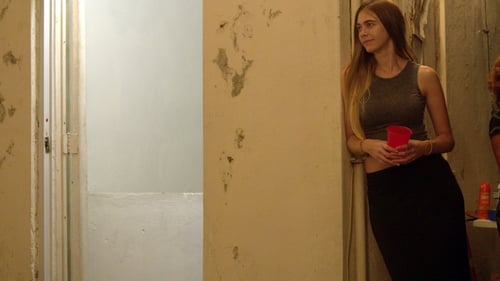Douglas Sánchez
Nacimiento : 1952-09-30, Santurce, Puerto Rico
Historia
Douglas Pedro Sánchez (born in San Juan, Puerto Rico, on September 30, 1952) is a film director and screenwriter from Santurce, Puerto Rico.
In 1979 he produced, wrote and directed the feature-length film Cualquier cosa (Any Given Thing), which won him a Special Award from the Mexican Academy of Cinematographic Arts and Sciences in 1981, the same Award given to Pedro Armendáriz (1947), Cantinflas (1952), Dolores del Río (1975), Paul Leduc (1977), and Luis Buñuel (1978)



